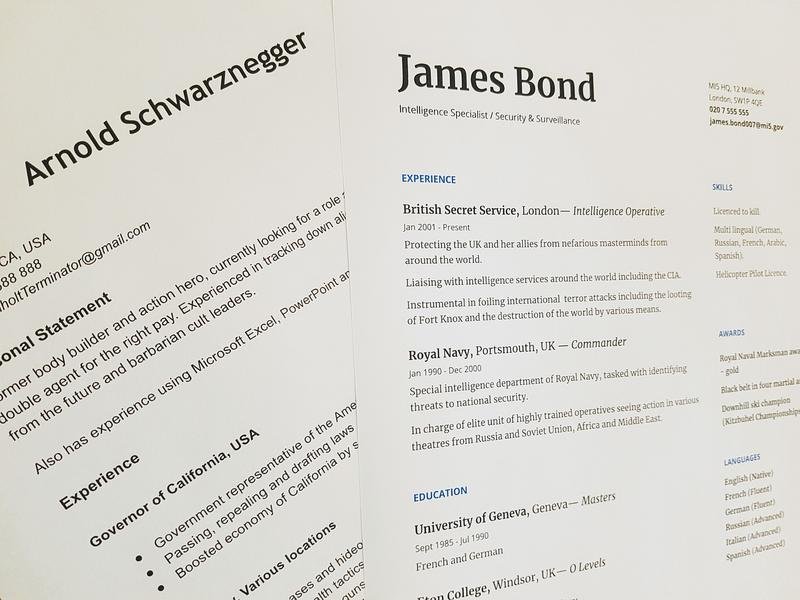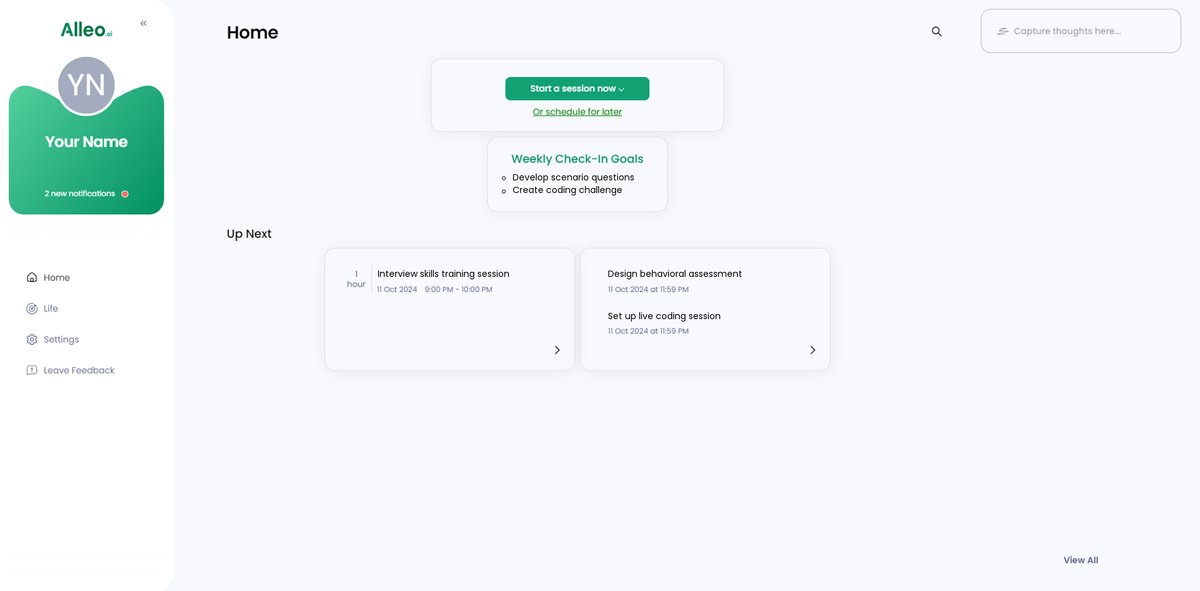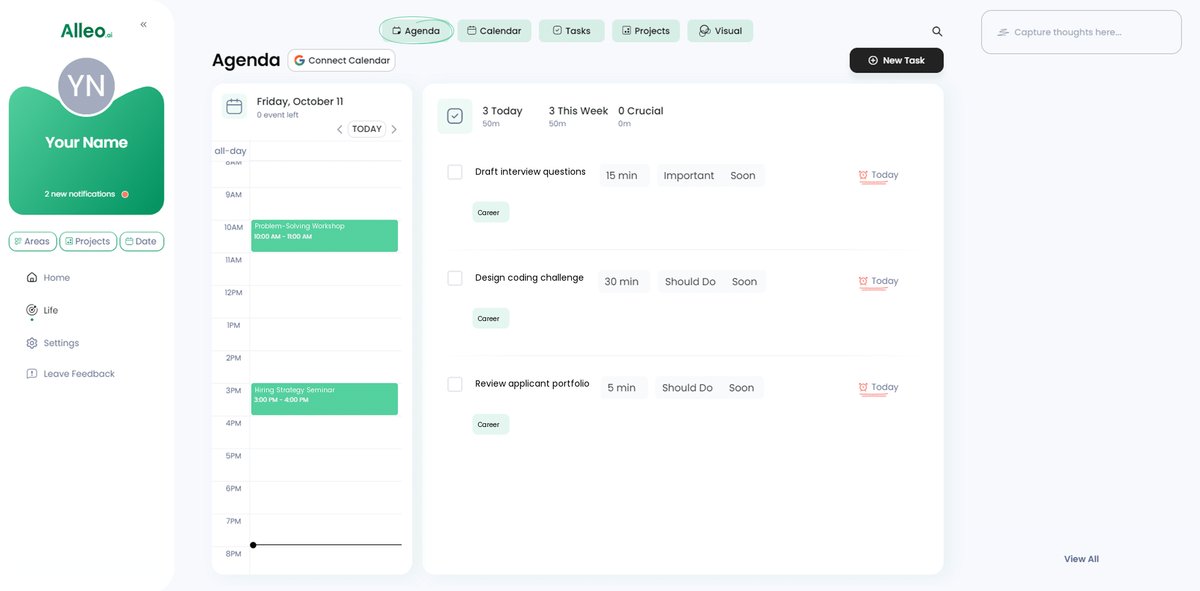4 Proven Methods to Assess Problem-Solving Skills in Job Applicants and Team Members
Are you struggling to identify strong problem solvers during your hiring process? Assessing problem-solving skills in hiring can be challenging.
As a life coach, I’ve helped many professionals navigate these challenges. In my experience working with startup founders, I often encounter similar obstacles in evaluating analytical skills and critical thinking assessments.
In this post, you’ll discover proven strategies to effectively measure and compare problem-solving capabilities across different applicants and team members. We’ll explore scenario-based interview questions, coding challenges, behavioral assessments, and situational judgment tests to aid in assessing problem-solving skills during hiring.
Let’s dive in to explore effective methods for evaluating decision-making scenarios and logical reasoning assessments.

Understanding the Challenges of Assessing Problem-Solving Skills in Hiring
Many startups struggle to evaluate problem-solving abilities effectively when hiring. Without a systematic approach to assessing problem-solving skills, hiring decisions can lead to inefficiencies and poor team dynamics.
In my experience, clients often report the difficulty of distinguishing between candidates who can solve problems under pressure and those who cannot. This challenge is amplified by the need for quick, yet thoughtful hiring decisions, often lacking proper critical thinking assessments.
A lack of structured assessment methods, such as situational judgment tests or case study interviews, can result in hiring employees who may not perform well in real-world situations. Consequently, this can lead to project delays and increased costs due to inadequate analytical skills evaluation.
It’s crucial for startup founders to implement reliable assessment strategies. This ensures that you identify and hire the best problem solvers for your team, utilizing tools like cognitive ability tests and decision-making scenarios.

A Roadmap to Assessing Problem-Solving Skills
Overcoming this challenge requires a few key steps. Here are the main areas to focus on when assessing problem-solving skills in hiring.
- Conduct Scenario-Based Interview Questions: Develop situational judgment tests that reflect industry challenges and evaluate responses based on creativity and critical thinking assessment.
- Implement Coding Challenges and Live Sessions: Design problem-solving exercises and observe candidates’ analytical skills evaluation in real-time.
- Use Behavioral Assessment Techniques: Focus on past experiences and use structured behavioral interview questions to evaluate problem-solving behaviors.
- Evaluate Past Projects and Problem Resolutions: Review candidates’ previous work to assess their decision-making scenarios and team collaboration challenges.
Let’s dive into these strategies for assessing problem-solving skills during the hiring process!
1: Conduct scenario-based interview questions
Conducting scenario-based interview questions is crucial to assessing problem-solving skills in hiring and understanding how candidates tackle real-world problems.
Actionable Steps:
- Develop scenario-based questions that reflect industry challenges for assessing problem-solving skills in hiring.
- Example: “Describe a time when you had to solve a complex problem with limited resources.”
- Train interviewers to evaluate responses based on specific criteria such as creativity and critical thinking assessment.
- Example: Use a scoring rubric to ensure consistency and objectivity.
- Incorporate role-playing activities to simulate real-world problems and assess candidates’ responses in real-time, similar to situational judgment tests.
- Example: Create a mock project scenario and ask candidates to outline their approach.
Key benefits of scenario-based questions include:
- Assessing real-world problem-solving skills
- Evaluating creativity and critical thinking
- Simulating actual workplace challenges
Explanation:
These steps matter because they allow you to evaluate how candidates think on their feet and handle typical industry challenges, which is essential for assessing problem-solving skills in hiring.
By using scenario-based questions, you can assess creativity, critical thinking, and practical problem-solving skills, similar to case study interviews.
Training interviewers ensures consistency and fairness in evaluations of analytical skills.
According to Workable, using structured interview techniques helps in objectively assessing candidates’ problem-solving abilities.
This method sets the stage for more in-depth assessments like coding challenges and behavioral interview questions.

2: Implement coding challenges and live sessions
Implementing coding challenges and live sessions is vital for assessing problem-solving skills in hiring, evaluating candidates’ real-time problem-solving abilities and technical proficiency.
Actionable Steps:
- Design coding tasks that test both technical skills and problem-solving abilities.
- Example: Use platforms like HackerRank to create customized coding tasks and situational judgment tests relevant to your startup.
- Conduct live coding sessions to observe candidates’ problem-solving processes and how they handle pressure.
- Example: Schedule a virtual coding interview where candidates solve problems in real-time, incorporating critical thinking assessment and decision-making scenarios.
- Provide immediate feedback and discuss the candidates’ thought processes to gain deeper insights.
- Example: After the live session, review the candidate’s approach and decision-making steps, focusing on their analytical skills evaluation.
Explanation:
These steps are crucial because they allow you to evaluate candidates’ performance under pressure and their technical skills.
Real-time coding sessions offer insights into their problem-solving approach and adaptability, serving as effective problem-solving exercises.
According to Index.dev, using live coding interviews helps in understanding how candidates think and troubleshoot in real-time.
This method ensures you have a comprehensive view of candidates’ capabilities, including their logical reasoning and team collaboration skills.

3: Use behavioral assessment techniques
Using behavioral assessment techniques is essential for assessing problem-solving skills in hiring and understanding how candidates have tackled real-world challenges in the past.
Actionable Steps:
- Develop behavioral interview questions that focus on past experiences and problem-solving behaviors.
- Example: “Can you give an example of a time when you identified a major problem and how you resolved it?”
- Utilize structured interviews with a scoring system to evaluate responses consistently.
- Example: Rate candidates on a scale of 1-5 based on their ability to articulate their problem-solving process.
- Include situational judgment tests to assess how candidates would handle hypothetical scenarios.
- Example: Present a scenario and ask candidates to choose the best course of action from multiple options.
Key elements of effective behavioral assessments:
- Focus on specific past experiences
- Use structured interview formats
- Incorporate situational judgment tests and critical thinking assessments
Explanation:
These steps matter because they help you gauge candidates’ problem-solving skills based on their past behaviors and hypothetical scenarios. By using structured interviews and situational judgment tests, you ensure a consistent and fair evaluation process for assessing problem-solving skills in hiring.
According to Workable, structured interviews are effective in assessing candidates’ abilities to handle real-world problems.
This method provides insights into their practical problem-solving capabilities and decision-making processes.

4: Evaluate past projects and problem resolutions
Evaluating past projects and problem resolutions helps you understand candidates’ practical problem-solving skills when hiring.
Actionable Steps:
- Review candidates’ previous work: Examine GitHub repositories and open-source contributions to assess complexity and innovation in assessing problem-solving skills.
- Example: Focus on unique problem-solving approaches in their code.
- Conduct portfolio reviews: Discuss specific projects and the challenges faced, using behavioral interview questions.
- Example: Ask candidates to walk through a challenging project and explain their solutions.
- Utilize case studies: Present a relevant case study and ask candidates to describe how they would address the issues, incorporating critical thinking assessment.
- Example: Use industry-specific scenarios for better relevance.
Benefits of evaluating past projects:
- Insight into real-world problem-solving skills
- Assessment of technical proficiency and analytical skills
- Understanding of candidates’ project experience and decision-making scenarios
Explanation:
These steps matter because they provide insights into candidates’ real-world problem-solving skills. By reviewing past projects, you can gauge their creativity and technical prowess through situational judgment tests.
According to Index.dev, evaluating past work helps identify top problem solvers who can contribute effectively to your team.
This method ensures a thorough understanding of candidates’ capabilities before making hiring decisions, incorporating problem-solving exercises and logical reasoning assessments.

Partner with Alleo to Master Problem-Solving Skills
We’ve explored the challenges of assessing problem-solving skills in hiring and how to overcome them. But did you know you can work directly with Alleo to streamline this process?
Alleo offers tailored coaching to help you master these assessment techniques, including behavioral interview questions and critical thinking assessments. With a free 14-day trial and no credit card required, it’s easy to get started.
Step 1: Set up your account. You’ll create a personalized plan to address your specific hiring challenges, focusing on problem-solving exercises and situational judgment tests.
Step 2: Work with Alleo’s AI coach to develop scenario-based questions, coding challenges, and analytical skills evaluations. The coach will follow up on your progress and handle changes as needed.
Step 3: Stay accountable with text and push notifications. Alleo ensures you consistently apply these strategies and track candidate performance in decision-making scenarios and cognitive ability tests.
Ready to get started for free? Let me show you how to improve your process for assessing problem-solving skills in hiring!
Step 1: Log In or Create Your Account
Log in to your existing Alleo account or create a new one to begin your journey towards mastering problem-solving assessment techniques for your startup.

Step 2: Choose “Building Better Habits and Routines”
Select “Building Better Habits and Routines” from the available goals to develop a structured approach for assessing problem-solving skills in candidates, aligning with the strategies discussed in the article for more effective hiring decisions.

Step 3: Select “Career” as Your Focus Area
Choose “Career” as your focus area in Alleo to hone in on improving your problem-solving assessment skills, directly enhancing your ability to identify and hire top talent for your startup.

Step 4: Starting a coaching session
Begin your journey with an initial intake session, where you’ll collaborate with your AI coach to establish a tailored plan for improving your problem-solving assessment techniques in startup hiring.

Step 5: Viewing and Managing Goals After the Session
After your coaching session on problem-solving assessments, check the Alleo app’s home page to view and manage the goals you discussed, allowing you to track your progress in implementing these new hiring strategies.

Step 6: Adding events to your calendar or app
Easily track your progress in assessing problem-solving skills by adding key milestones and interview dates to your calendar or app, allowing you to monitor your hiring process timeline and stay on top of candidate evaluations using Alleo’s built-in calendar and task features.

Wrapping Up: Streamlining Problem-Solving Assessments
As we’ve explored, assessing problem-solving skills is critical for startup success. Implementing a systematic approach can transform your hiring process when evaluating candidates’ analytical skills.
You now have actionable steps to ensure you identify top problem solvers. By focusing on scenario-based questions, coding challenges, behavioral assessments, and past projects, you can make informed decisions about candidates’ critical thinking and decision-making abilities.
Remember, I’m here to help with your problem-solving skills hiring challenges.
Using Alleo, you can simplify this process and get consistent results in assessing problem-solving skills. Empathize with your challenges and take the first step towards better hiring through effective situational judgment tests and cognitive ability tests.
Try Alleo for free and start mastering these techniques for assessing problem-solving skills in hiring today. Let’s make your team unstoppable.